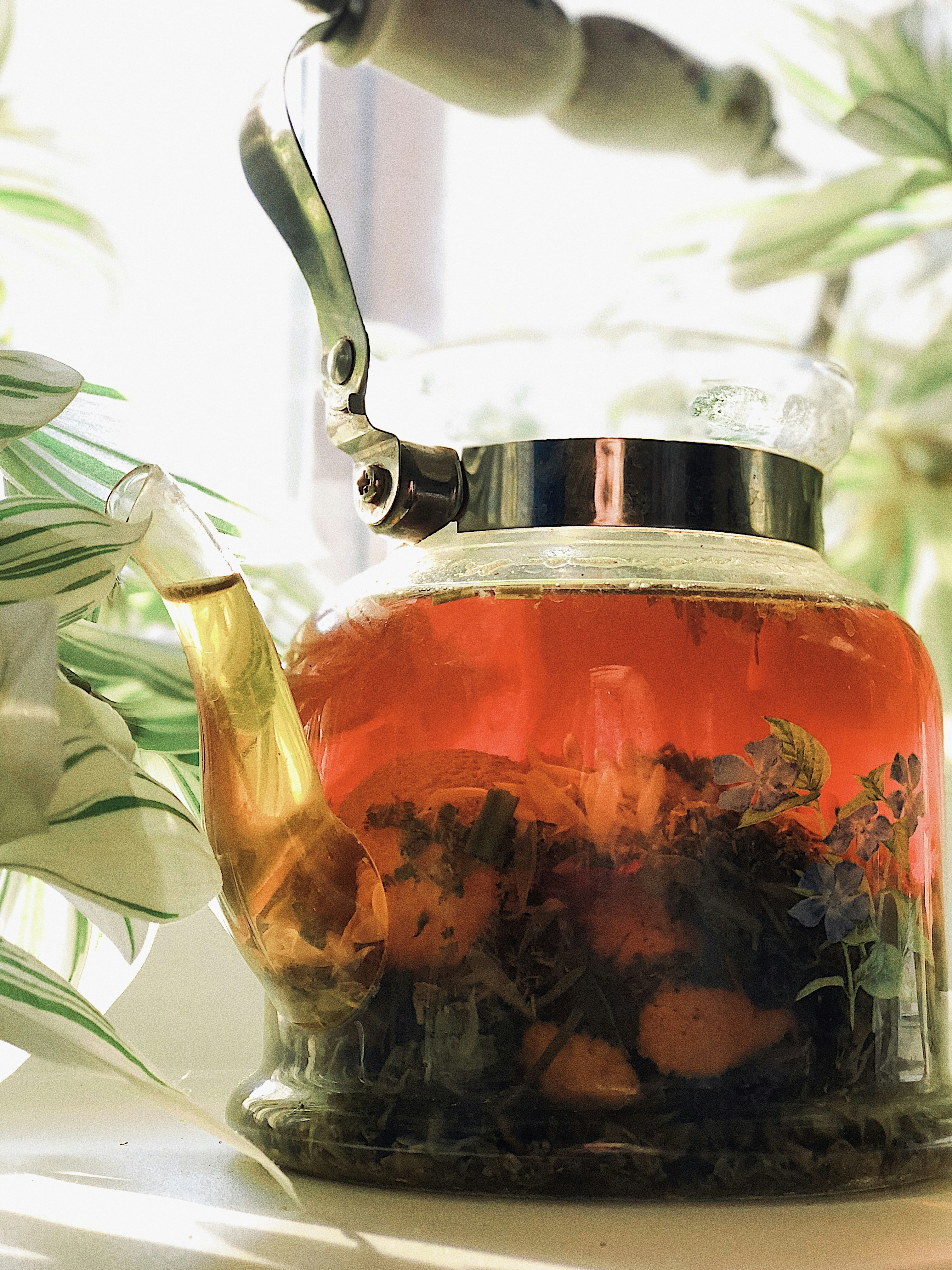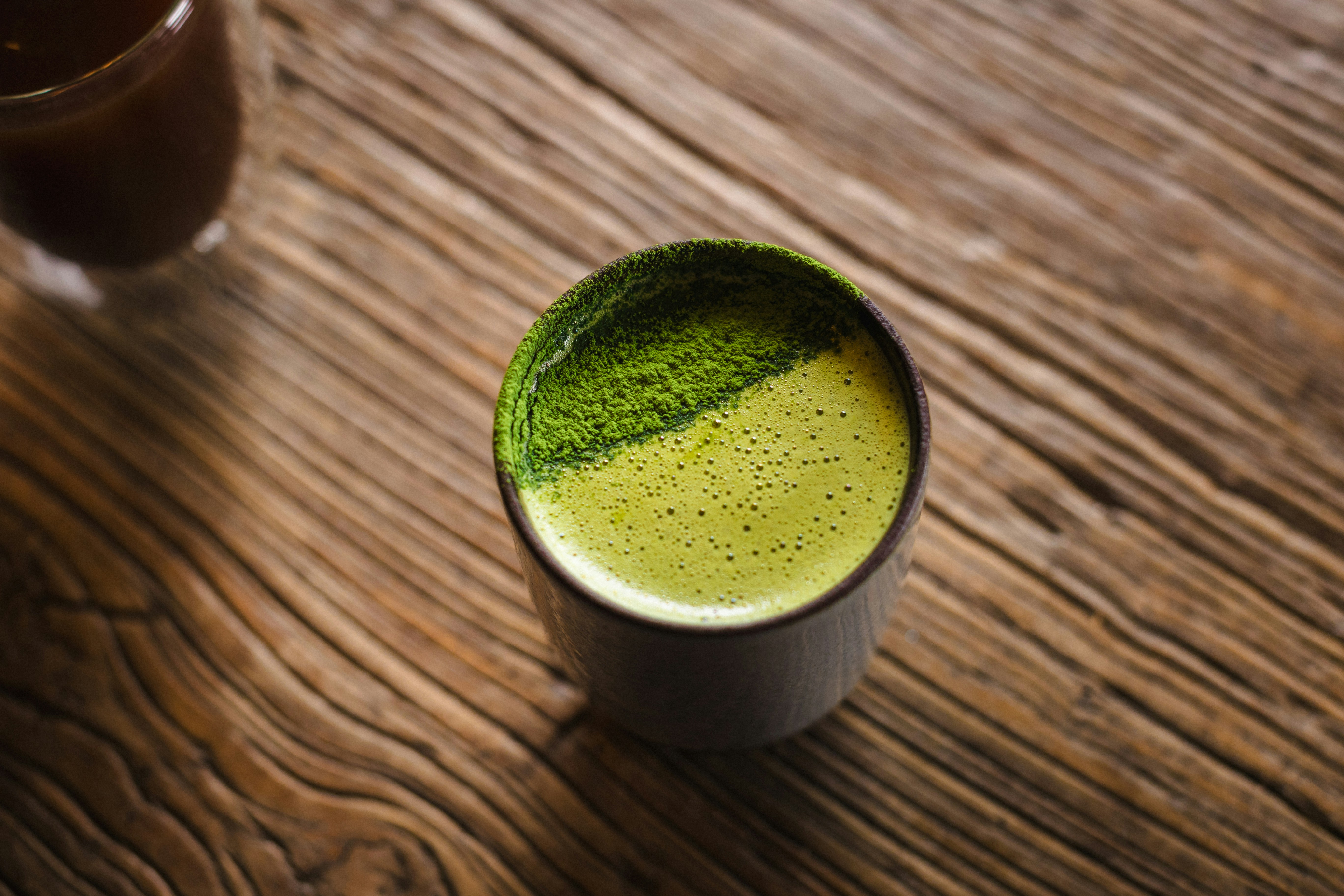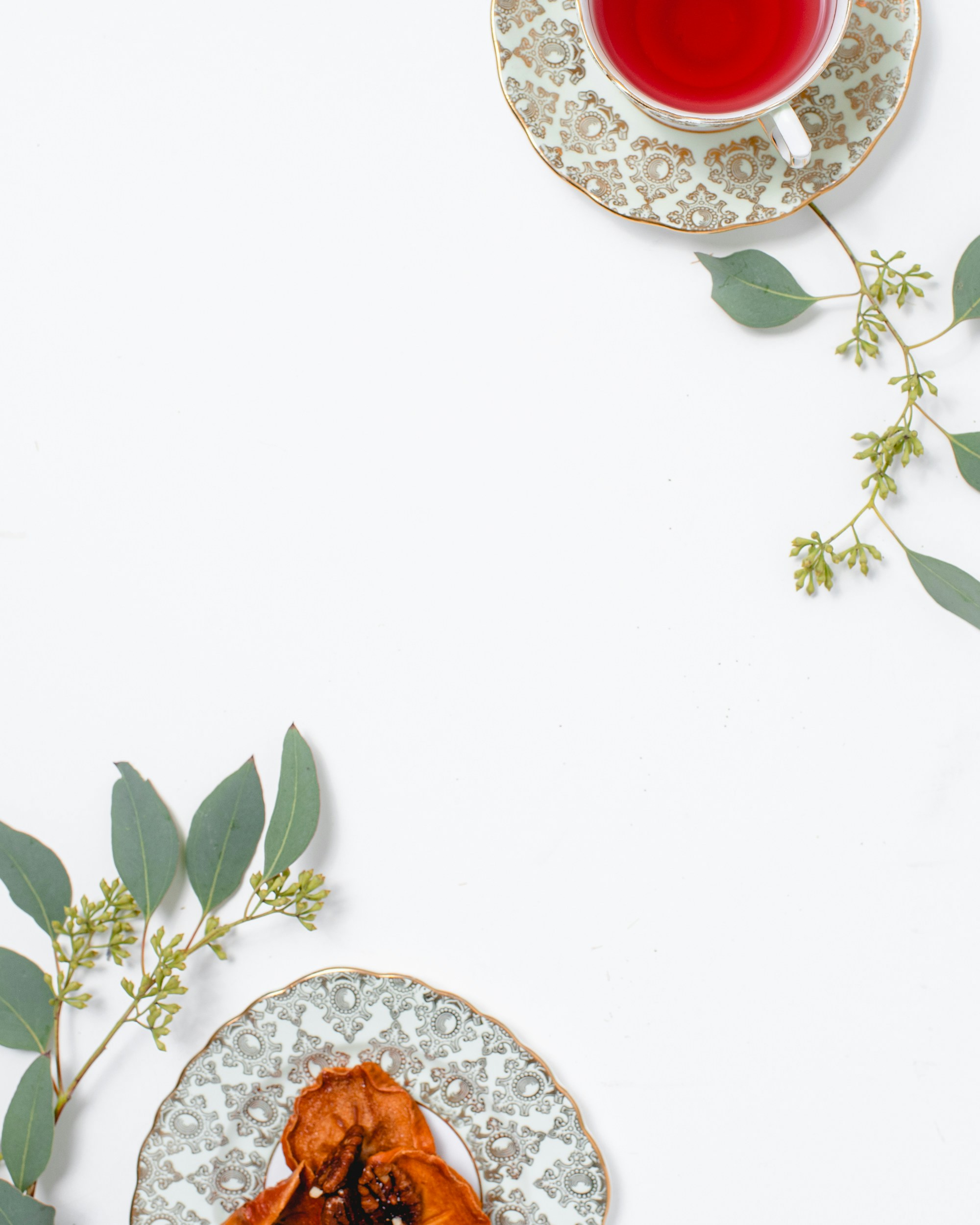Understanding Mindfulness and Its Profound Importance
Mindfulness, defined as the state of being fully present and engaged in the current moment, involves recognizing and accepting one’s thoughts, feelings, and bodily sensations without judgment. This practice encourages a deep connection with oneself and the surrounding environment, fostering improved mental and physical well-being. By focusing on the present, mindfulness cultivates a sense of awareness that permeates all aspects of life.
The benefits of incorporating mindfulness into daily routines are multifaceted. Research indicates that individuals who regularly practice mindfulness experience significant reductions in stress, anxiety, and depression. This is attributed to the shift in focus from ruminating on the past or worrying about the future to appreciating the present moment. This focus cultivates a more positive mindset, contributing to enhanced emotional regulation and resilience. Furthermore, mindfulness promotes cognitive flexibility, an essential skill for effective decision-making and problem-solving in various life situations.
Anecdotal evidence abounds with stories of individuals who have experienced positive transformations through even small mindfulness practices. Someone incorporating a short daily meditation might notice an increased stability in their overall emotional state, enabling them to handle stressful situations with greater composure. Similarly, practicing mindful eating can cultivate a healthier relationship with food, resulting in more conscious food choices and improved physical wellness. These examples showcase the transformative power of mindfulness in daily life.
Mindfulness practices further strengthen the mind-body connection. By attuning to bodily sensations and emotional cues, individuals gain a deeper understanding of their needs and reactions. This heightened awareness facilitates personal growth and self-discovery, enriching even the most mundane activities. Integrating mindfulness into daily life transcends fleeting trends, establishing itself as a powerful tool for enhancing well-being and creating a more fulfilling life experience.
The Significant Role of Tea in Mindfulness Practices
Tea transcends its role as a mere beverage, often serving as a holistic experience that enhances mindfulness practices. The time-honored tradition of tea preparation and consumption offers an ideal platform for cultivating awareness, presence, and emotional balance. The ritualistic nature of tea-making invites individuals to immerse themselves in a series of deliberate actions that embody the essence of mindfulness.
The mindfulness journey begins with the selection of the tea itself. Choosing between a robust black tea, a soothing green tea, or a fragrant herbal blend becomes a contemplative exercise, reflecting personal preferences, current emotional states, or even seasonal influences. This mindful decision-making process strengthens the connection between mind and body, grounding the individual in the present moment.
Preparing the chosen tea transforms into a multi-sensory experience. Observing the tea leaves unfurl in hot water, inhaling the aromatic steam, and listening to the gentle simmering sounds heighten the senses. These seemingly simple actions become opportunities for profound mindfulness, drawing the practitioner into the present moment. Various cultures have developed unique tea ceremonies, such as the Japanese tea ceremony, specifically designed to instill a sense of tranquility and reflection, encapsulating the principles of mindfulness.
Personal accounts illustrate the transformative power of incorporating tea into mindfulness routines. Some individuals describe how the daily ritual of tea preparation has become a grounding practice, creating a serene transition into their day. Others have found that tea not only provides a moment of pause but also enhances social interactions, as sharing a cup of tea fosters deeper connections through shared experiences. This shared experience reinforces the mind-body connection, enabling individuals to reconnect with their inner selves while engaging with others.
The Numerous Health Benefits of Mindfulness Through Tea
The integration of mindfulness practices with the art of tea consumption has garnered significant attention in recent years. Mindfulness, defined as maintaining moment-by-moment awareness of one’s thoughts, emotions, and surroundings, can be significantly amplified by the act of drinking tea. The slow, intentional nature of preparing and enjoying tea encourages a deeper immersion in the present moment, resulting in improved mental clarity and emotional equilibrium.
Research suggests that consuming tea offers numerous health benefits that align with the principles of mindfulness. Studies have shown that green tea, rich in L-theanine, can promote a state of calm focus. L-theanine, an amino acid, facilitates relaxation without causing drowsiness, allowing individuals to manage stress effectively. This sense of tranquility enhances the mindful tea drinking experience, increasing attunement to sensory experiences like flavor, aroma, and warmth.
Herbal teas, including chamomile and peppermint, are associated with improved emotional well-being. Chamomile is renowned for its soothing properties, often reducing anxiety and promoting restful sleep. Peppermint tea invigorates the mind while relieving tension, making it a valuable addition to mindfulness practices. Anecdotal evidence suggests that individuals incorporating tea into their mindfulness routines experience enhanced emotional regulation and improved focus throughout the day.
The ritual of tea drinking, when approached mindfully, transforms a simple act into a holistic practice that benefits both mind and body. Individuals who embrace this mindful approach report reduced stress levels, improved concentration, and a greater sense of overall well-being, demonstrating the powerful synergy between mindfulness and the inherent health benefits of various teas.
Exploring the Spiritual Applications of Mindfulness and Tea
Throughout history, tea has transcended its functional purpose as a beverage to become an integral component of spiritual practices across diverse cultures. The act of preparing and consuming tea can be viewed as a mindfulness ritual, facilitating a deeper connection between the mind, body, and spirit. Within the context of mindfulness, tea acts as a powerful conduit for self-reflection, intention setting, and personal growth, offering a tranquil space for self-discovery.
In many Eastern cultures, such as the Japanese tea ceremony, the preparation and sharing of tea is more than a ritualistic activity; it embodies the principles of mindfulness and respect. The meticulous attention to detail during the tea preparation process encourages full engagement in the present moment, fostering a serene mental state. Each deliberate movement becomes a form of meditation, reinforcing the interconnectedness between the individual and the universe. This practice instills a sense of gratitude and presence, encapsulating the essence of mindfulness.
In Tibetan Buddhism, tea assumes a sacred role in spiritual ceremonies. Offering tea symbolizes hospitality and provides a medium for expressing intentions and aspirations. This sacred act creates a communal space for reflective dialogue, nurturing both personal and collective mindfulness. The shared experience of sipping tea and exchanging stories deepens the spiritual connection between participants.
These examples demonstrate how integrating tea rituals into mindfulness practices can lead to profound personal transformation. By embracing the spiritual dimensions of tea, individuals deepen their mindfulness practice, fostering greater reflection and intentionality in everyday life. The act of mindfully drinking tea becomes an invitation to connect with oneself and others, serving as a gentle reminder of the beauty inherent in the present moment.
Cultural Rituals: Exploring Tea Across Different Societies
Tea’s significance extends beyond its role as a beverage, serving as a conduit for cultural expression and mindfulness in various societies. In Japan, the tea ceremony, known as Chanoyu, exemplifies this notion. Chanoyu is a meticulously choreographed art form centered around the preparation and serving of matcha, a powdered green tea. Each element, from the selection of utensils to the precise movements of the host, is imbued with grace and intention. Participants are invited to share in this experience, connecting with one another and entering a state of mindfulness as they appreciate the beauty of simplicity and the present moment.
In China, the Gongfu tea ceremony demonstrates a profound respect for tea as both an art form and a means of fostering deeper connections. Gongfu, translating to “skill” or “effort,” involves meticulous attention to detail in every stage of the brewing process. This tradition emphasizes not only the quality of the tea leaves but also the intricate interplay between the brewer and the participants. By engaging multiple senses, practitioners are encouraged to focus on the aroma, taste, and texture of the tea, promoting a meditative state that enhances appreciation for the moment and strengthens bonds among guests.
In Western cultures, the tradition of British afternoon tea embodies its own set of rituals that emphasize socialization and mindfulness. Typically served in the afternoon, this custom provides a moment of respite amidst daily activities. With an array of teas and accompanying pastries, afternoon tea transforms into a social occasion, fostering leisurely conversation and reflection. It serves as a gentle reminder to slow down and savor the experience, facilitating connections not only between individuals but also between each person and their surroundings. These diverse cultural rituals surrounding tea demonstrate the shared importance of mindfulness and connection, revealing how the simple act of drinking tea can heighten awareness of the present moment.
Creating Your Own Mindful Tea Ritual at Home
Creating a personalized mindful tea ritual at home cultivates a sacred space for reflection and relaxation. Begin by designating a specific time each day exclusively for this practice. Early morning or late evening are often ideal, as these times tend to be quieter, promoting deeper immersion in the ritual.
Cultivate an environment conducive to mindfulness. Select a space in your home free from distractions and consider dimming the lights or using soft, ambient lighting to create a sense of tranquility. Adding elements like a comfortable chair, cushions, or a small table enhances comfort and fosters a welcoming atmosphere. Incorporating calming decor, such as plants or artwork, can further enhance focus and enrich the overall sensory experience.
Choosing the right tea is essential for your ritual. A vast array of options exists, including herbal teas, green teas, and black teas, each offering unique flavors and benefits. For mindfulness practice, herbal teas like chamomile or peppermint can be particularly soothing. Prioritize the quality of tea leaves, opting for organic and loose-leaf varieties for a more authentic and enriching experience. Consider the tea’s aroma and visual appeal to engage your senses fully.
Incorporate mindfulness techniques throughout your tea-drinking experience. Begin by observing the tea’s color and fragrance as it steeps. While drinking, take slow, deliberate sips, allowing yourself to fully savor and appreciate the flavors. Focus on your breath, using each inhale and exhale to ground you in the present moment. Maintaining a journal to record your thoughts and feelings after each session can capture the effects of your mindful tea ritual and deepen your connection to the process. This thoughtful combination of environment, tea selection, and mindfulness techniques elevates your tea ritual, promoting a profound sense of peace and awareness.
Mindfulness Practices: Expanding Beyond Tea
While tea is often associated with mindfulness, the practice extends far beyond the act of enjoying a warm beverage. Mindfulness encompasses a variety of techniques designed to cultivate a deeper sense of presence and awareness in everyday life. Mindful breathing, a foundational practice in mindfulness, involves focusing on the rhythm of one’s breath to ground oneself in the present moment, promoting relaxation and mental clarity.
Meditation is another powerful mindfulness practice that complements tea rituals. Dedicating time for meditation allows for deeper exploration of thoughts and emotions. This can include seated practices where one observes the breath or guided meditations emphasizing awareness and self-compassion. Creating a designated space for meditation, potentially near your tea-drinking area, can enhance the overall experience, infusing the tranquility of tea into your meditation practice.
Journaling is a valuable practice that complements mindfulness. Taking a few minutes each day to record thoughts, feelings, and reflections provides insights into one’s mental and emotional state, serving as a form of self-discovery. Combining journaling with the ritual of tea amplifies the experience, allowing you to reflect not only on the flavors of the tea but also on the events and experiences of your day. Incorporating these mindfulness practices into your daily routine, such as starting or ending the day with breathing exercises, meditation, or journaling, can significantly enhance your overall sense of well-being. Personal accounts of individuals who have embraced these techniques illustrate their profound impact on enhancing overall mindfulness, demonstrating benefits that extend far beyond the teacup and enrich various aspects of life.
Navigating Challenges: Mindfulness as a Tool in Difficult Times
Embracing mindfulness, particularly during challenging periods, can often feel daunting. Individuals experiencing stress, anxiety, or other mental health difficulties may struggle to maintain a mindful state amidst external pressures and internal turmoil. Acknowledging these feelings as valid is the first step towards building resilience. It’s crucial to remember that everyone faces adversity, and seeking support when needed is a sign of strength, not weakness.
Integrating mindfulness into daily life during difficult times can be facilitated through focused breathing exercises or serene tea ceremonies. By consciously paying attention to the experience of savoring tea, individuals can ground themselves in the present moment. This mindfulness practice allows for disengagement from negative thought patterns and reconnection with sensory experiences. The deliberate act of preparing and sipping tea can serve as a meditative anchor, fostering a sense of peace even amidst life’s storms.
Inspiring stories of resilience often showcase individuals who have leveraged mindfulness techniques to overcome personal challenges. A growing body of evidence demonstrates how consistent mindfulness practices contribute to stress reduction and enhanced emotional regulation. Stories of individuals navigating traumatic events by embracing mindfulness underscore our inherent capacity for growth and remind us that even in the darkest moments, transformation is possible, often catalyzed by mindful practices.
Cultivating patience is vital in this journey. Mindfulness is a skill that develops over time, involving both moments of success and periods of challenge. Recognizing that these struggles are inherent in the process can alleviate feelings of discouragement. Remember, mindfulness is not about achieving perfection but about nurturing compassionate awareness towards oneself and the surrounding circumstances. By practicing mindfulness, individuals can cultivate personal growth and deepen their connection with themselves and others, especially during trying times.
Conclusion: Embracing the Transformative Journey of Mindfulness
Reflecting on the intricate relationship between mindfulness and the practice of enjoying tea reveals a journey that transcends mere ritual. Mindfulness serves as a transformative tool, empowering individuals to cultivate a deeper awareness of their thoughts, feelings, and bodily sensations. This heightened awareness, when applied to the simple act of sipping tea, amplifies appreciation for the present moment, allowing us to find tranquility amidst the complexities of daily life.
Engaging in mindfulness through tea drinking invites us to embrace the full spectrum of our experiences, acknowledging both the challenges and the triumphs that shape our lives. Each cup of tea offers an opportunity for pause and reflection, fostering an environment conducive to personal growth and emotional well-being. By fully immersing ourselves in the present moment as we savor the flavors and aromas of tea, we cultivate a sense of gratitude and serenity that enriches our lives in profound ways.
The journey of mindfulness is not a linear progression; it encompasses a spectrum of emotions and discoveries that contribute to our overall understanding of ourselves. Approaching this journey with an open heart and mind is essential, welcoming each moment for its unique offerings. As we navigate the inevitable ups and downs, sharing our individual experiences with mindfulness and tea creates a supportive community that fosters connection and mutual learning.
Ultimately, mindfulness through tea becomes a powerful catalyst for personal transformation. By integrating these practices into our daily lives, we can fully embrace the richness of each moment, fostering not only individual growth but also a sense of belonging within a collective journey. Let us collectively embrace the beauty of mindfulness and the shared experience of tea, inspiring one another on this path of self-discovery and harmony.








Leave a Reply